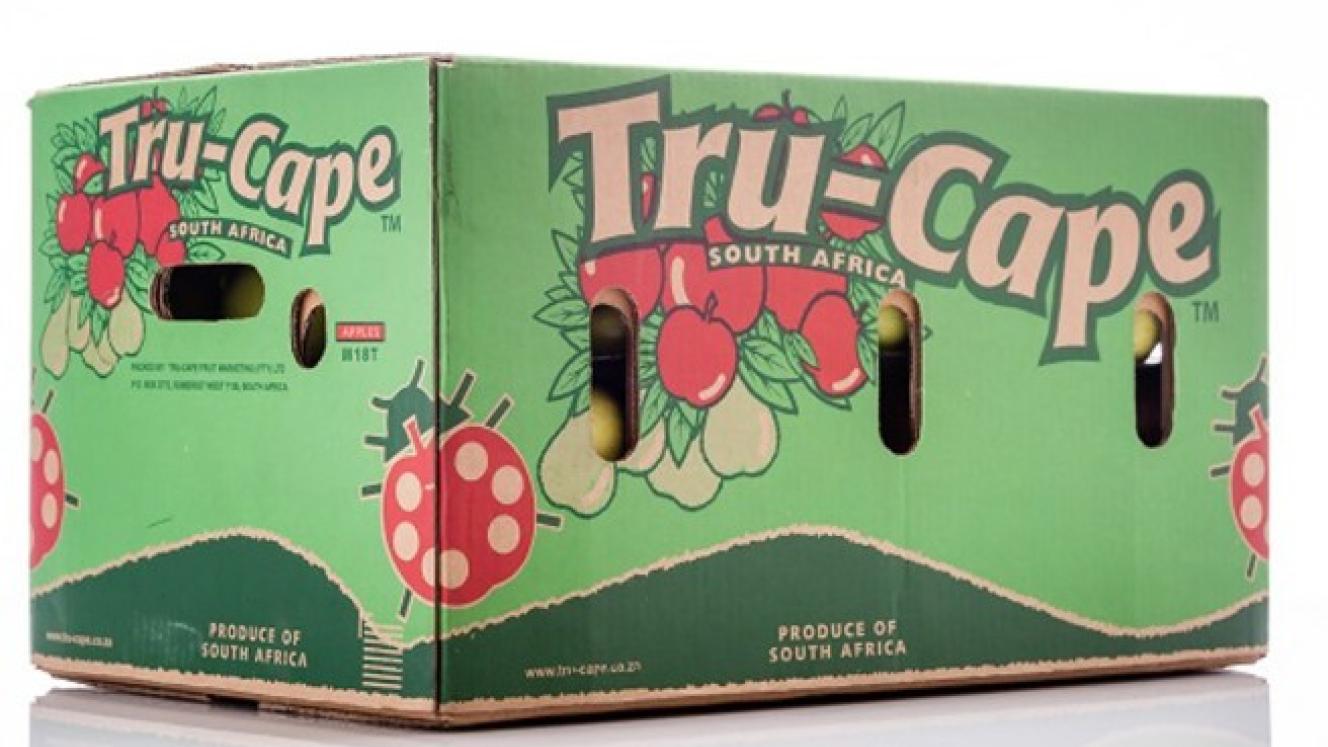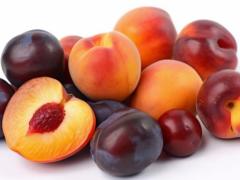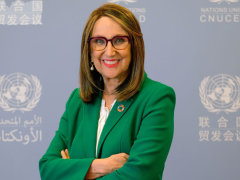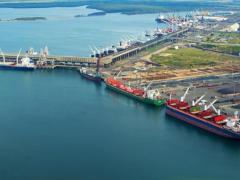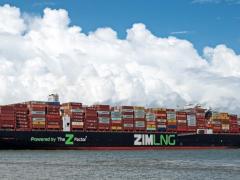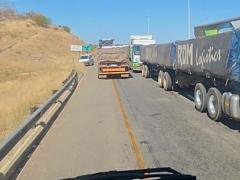Apple and pear exporters warn that, without decisive improvements in Cape Town’s port logistics, including fast-tracking privatisation, South Africa risks losing hard-won market share in key global markets.
Industry representatives, including leading apple and pear packer and marketing co-operative Two-a-Day, and its logistics partner Link Supply Chain Management, met with the Western Cape Department of Mobility this week for a strategic discussion and site visit aimed at tackling the logistical challenges affecting the fruit export industry.
Chris Knoetze, managing director of Link Supply Chain Management, said inefficiencies cost the apple and pear industry in the Western Cape an estimated R1 billion in 2024 through additional storage, trucking and plug-in costs.
He said this includes missed market opportunities when vessels bypass Cape Town.
“When port operations are disrupted, it impacts product quality, increases costs and damages our credibility with overseas buyers.”
Although port efficiency and crane productivity have improved, Knoetze said exports are still throttled.
A more effective port with higher productivity would attract more vessels and services, expand capacity and provide more reliable shipping options to various export markets.
“Given several interventions, like Transnet’s appointment and changes at senior management level, the repair and maintenance of equipment, solving personnel matters, focusing on operational improvement and capital investment in new rubber tyre gantry cranes in the Cape Town Container Terminal, we should expect to see a step change in productivity to at least 20 gross crane movements per hour (GCH) or more in the coming months,” Knoetze said.
“However, the process is still too slow and far removed from the 33 GCH reported by Transnet in November 2012.”
Roelf Pienaar, MD of Tru-Cape Fruit Marketing, said: “We work in a complex, time-sensitive value chain. If a vessel to Europe, the UK or the Far East is missed, the sale is gone. You don’t get a second chance to deliver on time in a programme-driven market. Logistics is the single biggest risk for us right now. If we can’t get our product out, everything else – from on-farm innovation to market development – is compromised.”
Chris Petzer, Two-a-Day’s Operations Director, said the industry diverts containers to Port Elizabeth (Gqeberha) at significant expense simply to keep the supply chain moving, and to avoid halting harvest and packing operations.
“It’s not sustainable but sometimes it’s the only option to prevent greater losses,” he said.
Industry representatives stressed that significant improvements are time-critical as delays in decision-making could see global shipping lines continue bypassing Cape Town in favour of more efficient ports, delaying fruit by one to two weeks and undermining the Western Cape’s competitiveness.
“The farmers, packhouses and exporters are investing in efficiency every day,” Gerhard van Heerden, Director of Link Supply Chain Management, said.
“Now we need the same urgency and commitment at the port because, without it, the entire value chain is at risk.”
Corrine Gallant, Deputy Director-General of Freight for the Western Cape’s Mobility Department, said the province is working on landside and waterside inefficiencies, including improved road freight safety and capacity, restoring rail services like the Overberg line and ensuring that the province’s needs are heard at a national level.
“We cannot afford more costs in the chain. Our focus is on solutions that remove bottlenecks and protect jobs,” she said.
